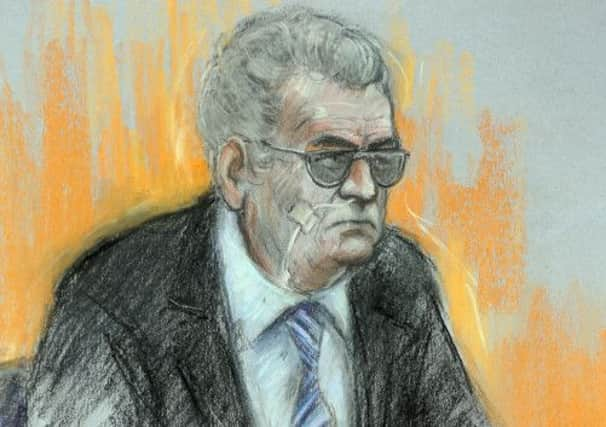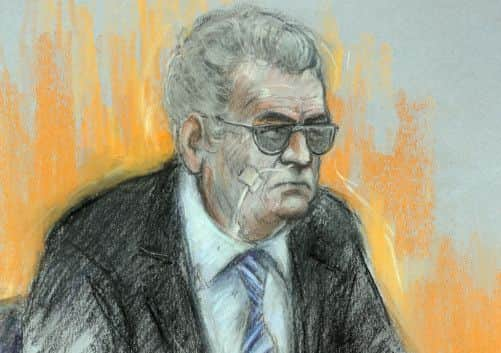Brady defends child murders as ‘recreational killing’ in jail plea


Brady described his torture and murder of five children as “recreational killings” and said he was a “petty criminal” compared to the “war crimes” he said had been committed by former Prime Minister Tony Blair.
The 75-year-old was speaking at length in public for the first time in 47 years at a hearing called to decide whether he should be allowed to return to prison.
Advertisement
Hide AdAdvertisement
Hide AdIn a series of rambling answers, he refused to say whether a desire to end his own life was behind his request to be moved to prison where it would be easier.


Brady insisted he was not psychotic and claimed he had used method acting to portray the symptoms that led to his transfer to Ashworth Hospital in Merseyside in 1985.
He also continued to claim he is on hunger strike despite his own legal team confirming the murderer makes himself toast.
Brady and his partner, Myra Hindley, were convicted of luring children and teenagers to their deaths, with their victims tortured before being buried on Saddleworth Moor.
Advertisement
Hide AdAdvertisement
Hide AdHindley died in hospital, still a prisoner, in November 2002 at the age of 60.
Asked by Dr Cameron Boyd, a forensic psychologist and member of the tribunal panel, if his crimes in the 1960s made him abnormal, Brady compared his “recreational killings” to the acts of soldiers and politicians.
“A criminal in a pursuit of crime is going to gain from the crime,” he said. “He has given a value to the person he is about to kill.”
“What value did you get?” asked Dr Boyd. Brady replied: “Existential experience.”
Advertisement
Hide AdAdvertisement
Hide AdThe hearing has provoked anger amongst relatives of Brady and Hindley’s victims with Terry Kilbride, whose brother John was snatched in November 1963 aged 12, yesterday calling it a “complete waste of taxpayers’ money”.
‘I’m no madman: Page 5.